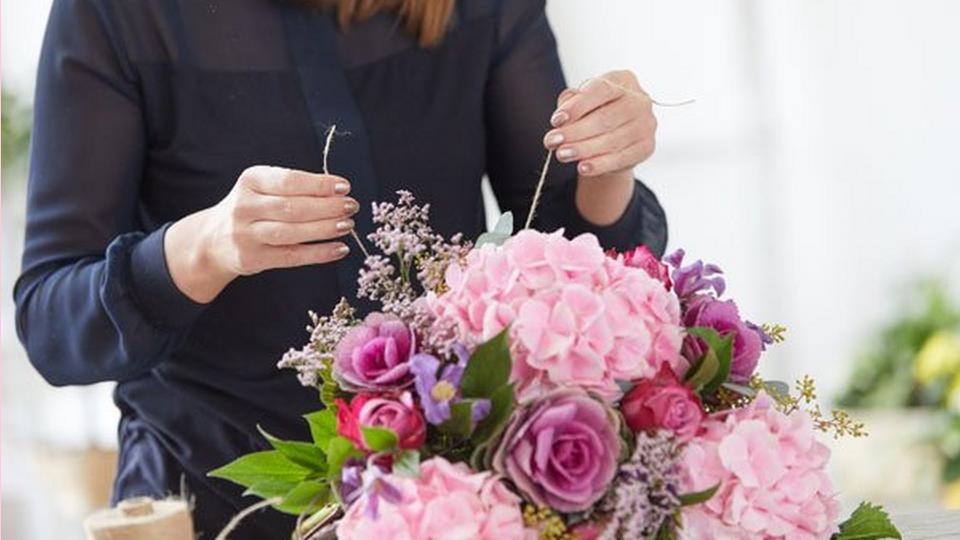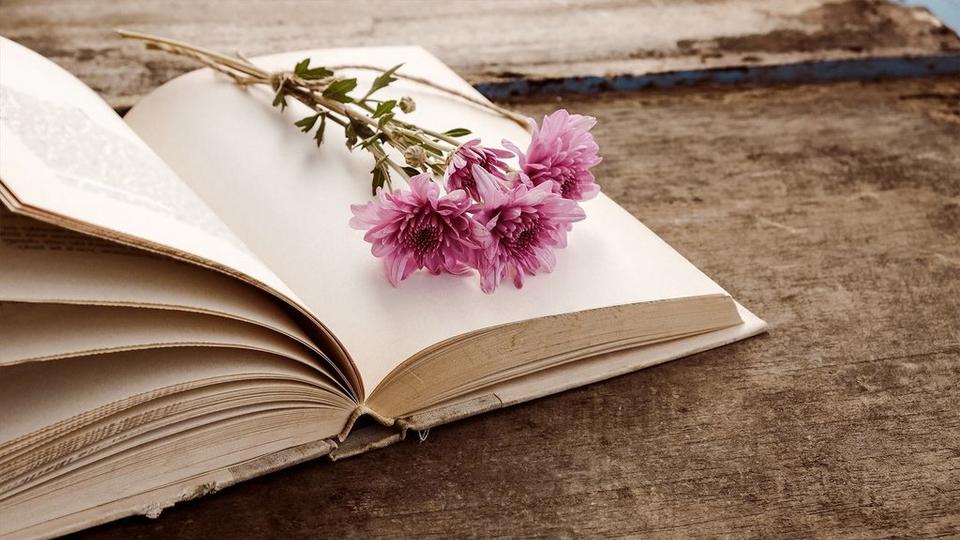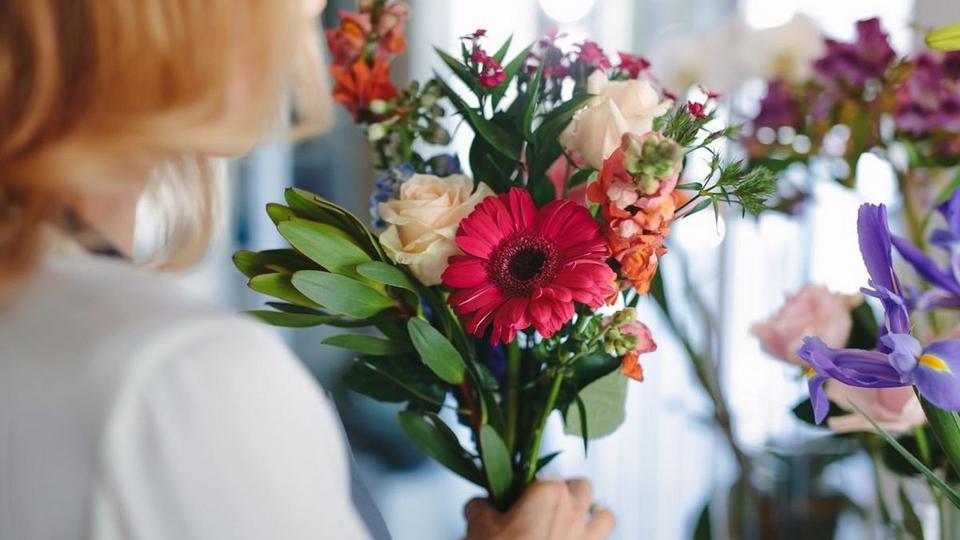Gerberas: Ultimate Flower Guide

Its simple daisy shape and bold colours have made the gerbera a modern day classic. This flower is available in both large headed and miniature forms (known as germini) and is guaranteed to add a splash of colour and cheerfulness to the home. If you want to know more about gerberas, read on to find out their meaning, history, varieties and how to care for them - both in your garden and as cut flowers.
GERBERA DAISY MEANINGS
The gerbera has different meanings to different cultures. The Egyptians believed that they symbolised a closeness to nature and a devotion to the sun, whereas the Celts thought they lessened the sorrows and stresses of everyday life.
Generally, gerberas symbolise innocence, purity, cheerfulness and loyal love.
HISTORY OF THE GERBERA FLOWER
Although the gerbera appears to be a thoroughly modern flower, it was actually named in 1737 after Traugott Gerber, a German doctor and keen botanist. The flower itself originates from South Africa, Asia, South America and Tasmania. Introduced to Britain in the nineteenth century, gerberas are a relatively new addition to the UK’s floristry industry.
It’s really only in the past thirty years or so that these flowers have been seen in florist shops. However, despite such a late start, the gerbera’s beautiful simplicity and purity has captured the public’s imagination and this humble flower is now a firm favourite in florist shops up and down the country.
A FEW FACTS ABOUT GERBERAS
These beautiful flowers are quite interesting too. Here’s a few things you probably didn’t know about Gerberas:
-
Gerberas are the fifth most popular flower in the world.
-
They are part of the Asteraceae family.
-
They are available all year round making them a great option for wedding flowers.
-
Over 900 million gerberas are produced in the Netherlands each year in 600 different colours, shapes and sizes - not bad for a country famous for tulips!
-
Gerberas originally come from South Africa.
-
Like sunflowers, gerberas turn towards the sun.
GERBERA DAISY COLOURS
Gerberas come in a range of colours from bright and fiery to soft and pastel.
Brights
Pastels
Dark
Different colour gerberas represent different sentiments
White Gerberas
Pink Gerberas
Yellow Gerberas
Red Gerberas
GERBERA DAISY VARIETIES
There are over 200 types of gerbera in almost every colour imaginable. The gerbera plant naturally grows low to the ground surrounded by a spray of green leaves.
Hardy gerbera 'garvinea'
Mini gerbera (germini)
Single flowers
Double or duplex
Crested doubles
Full crested doubles
GERBERA DAISY CARE TIPS
Gerbera daisies are so cheerful you’ll want to keep them around as long as possible. Here’s how to get the most from your cut gerbera flowers:
-
If looked after well, gerberas have a vase life of around 7-10 days.
-
Make sure your vase is thoroughly cleaned prior to adding your gerberas. They are particularly susceptible to bacteria blocking the stems which will make them droop. Try using some bleach and hot water to get your vase ready.
-
Cut the stems at an angle and immediately place into fresh, clean, shallow water. Make sure you add flower food to keep bacteria at bay.
-
Place them away from heat as gerbera flowers prefer cooler temperatures.
-
Replace the water every 2-3 days to reduce the build up of bacteria.
-
Style tip Gerberas last longer in vases when they are secured in floral foam.
Join Our Newsletter
You’ll get 15% Off Your First Order
Our emails are packed full of beautiful blooms, news and offers. We’ve also got lots of festive gifting ideas too!
We can’t wait to share our love of beautiful blooms with you.



